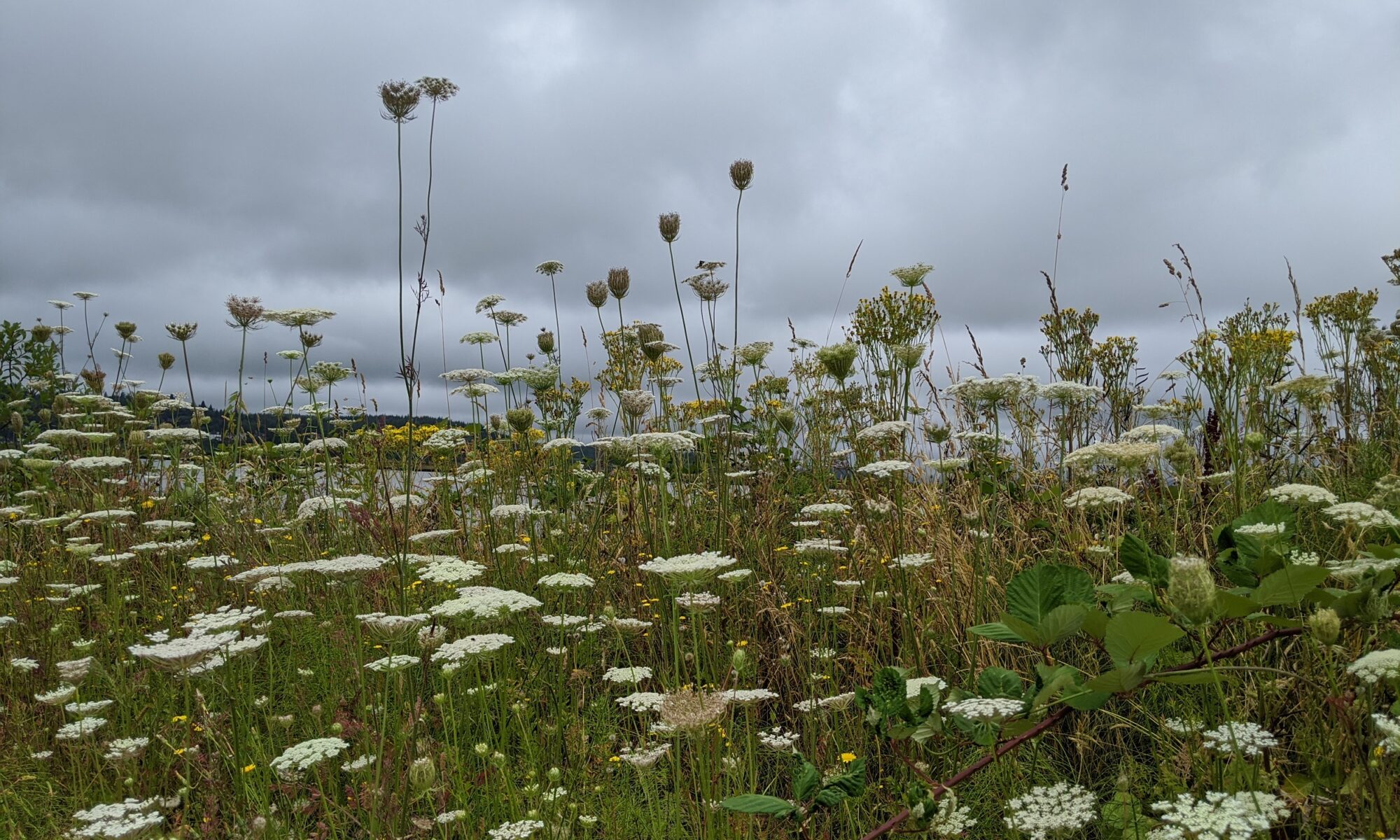
In my last blog post, I shared a bit about what my (almost) 12 y.o. daughter C is up to these days: basically, watching YouTube, playing Minecraft, and staying cozy in her room (with breaks built in for reading, eating, exercise, and socializing with her family). I’m glad she’s learning to self-regulate, especially knowing she most definitely struggles (like presumably all kids are these days) with feeling sad, lonely, and frustrated.
Middle school was going great for C last year as a sixth grader. I can confidently say she was thriving, in her own fashion. While it was a challenge to stay on top of work expectations for so many classes (one of her 2E designations is ADHD-Inattentive, meaning she struggles with executive functioning), she enjoyed biking to school each day, making new friends, getting to know her teachers, and feeling independent.
COVID-19 changed everything. (I wonder, if one were to Google that phrase, how many times would it come up in blog posts and articles from the last six months?) Suddenly, she was learning exclusively from home, in an uncertain format, with expectations severely curtailed. She had “problems with Zoom” (another common searchable phrase!) and quickly grew to hate it. She was uninspired by her science classes, which had shifted away from fun, hands-on experiments to reading about cells; frustrated about not being able to watch her math instructor give an algebra lesson in person; and sad about missing out on all the fun activities her beloved Social Studies teacher used to routinely engage her class in. (Yay, Ms. W! You are awesome!)
In the periphery of C’s 11-year-old life were two other siblings also dealing with the shift to online learning, a stressed-out mom, and daily bad news about a global pandemic. Needless to say, she was far from happy. I caught her staring out her window, sitting by herself, scrolling guiltily through her phone (she knows I get triggered by seeing too much of this), and sometimes struggling to fall asleep.
The photo I’ve included in this blog post is from the day we went biking to her school back in May. I figured it might cheer her up to take her old familiar route through the woods, see her school building, and say hello to the trees there. My plan was a nice try, but didn’t work; it just made her feel more sad for what she’s lost “thanks” to the pandemic.
We still take bike rides out in that general direction, but don’t go quite all the way – we stop before we can see the school. It seems that if school’s not in session, she’d rather not be reminded it still exists, in its skeletal (i.e., uninhabited) form.
So – cycling back to my previous post on what C’s currently up to, at the moment she’s in her room, a lot. (We’ve convinced her to mix things up by moving around the house into different rooms, and thankfully, she willingly does this.) I’ve reconnected with her former therapist and am so excited she’ll be having sessions again for a while! (Remotely, yes, but still…) C has concerns she doesn’t want to share with me – and, rightfully so. I just want to ensure she has support, somehow.
She occasionally draws (her latest creation is a Puppy Girl, a human-animal hybrid), but mostly seems to appreciate escaping into creative online fantasy worlds, sometimes with her siblings, sometimes alone, sometimes with new online friends she’s carefully vetted according to our discussions and guidelines. (More on that in another post.)
Parenting is challenging under the best of circumstances. I got my Ph.D. from a top-tier university in 2006 and can honestly say that learning to become a parent in 2008 was much harder than the four years it took to get that degree.
Parenting during a pandemic has (for all of us) simply honed our skills that much more, whether we were looking for that challenge or not. I take solace in knowing, as Sebastian Junger (2016) writes regarding PTSD in his book Tribe: On Homecoming and Belonging:
“Shared public meaning gives [individuals] a context for their losses and their sacrifice that is acknowledged by most of the society. That helps keep at bay the sense of futility and rage that can develop…” (p. 97)
Although Junger is writing specifically about soldiers returning from combat, the comparison to the collective trauma we’re all experiencing (albeit differentially, yes) during this pandemic remains apt.
My hope is that we can collectively help acknowledge for kids that what they’re going through right now isn’t “normal”, reasonable, or something they need to suck up and accept – rather, it just “is”.
If my 12 y.o. daughter emerges from COVID-19 having retained her sense of self and sanity, I’ll be a happy mom.
References:
- Junger, S. (2016). Tribe: On homecoming and belonging. HarperCollins.
Copyright © 2020 by HalfoftheTruth.org. Please feel free to share with attribution.
